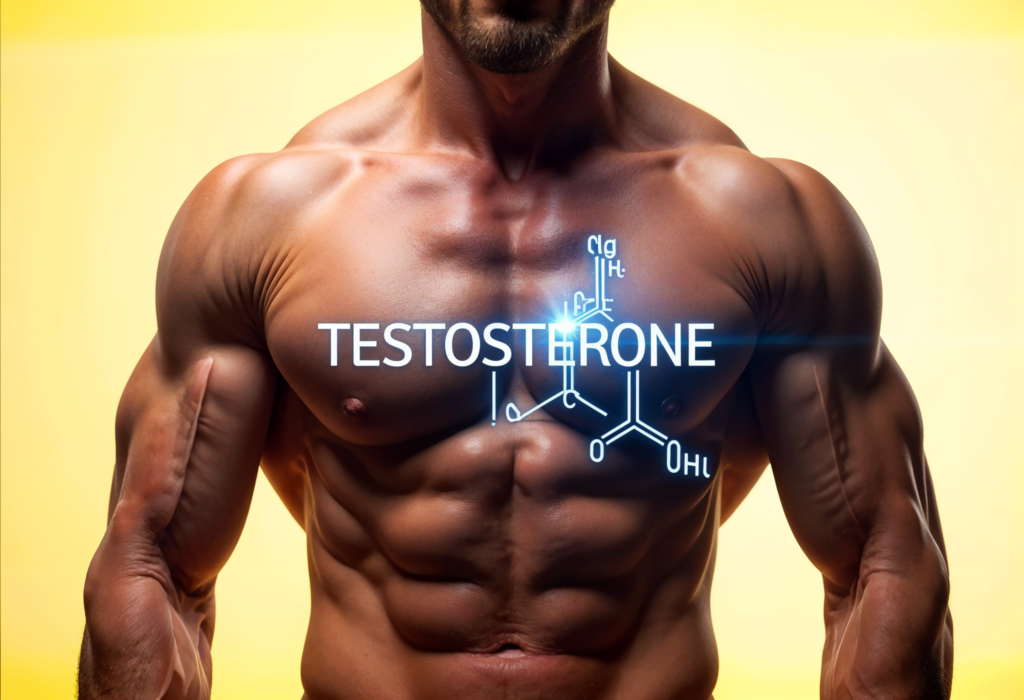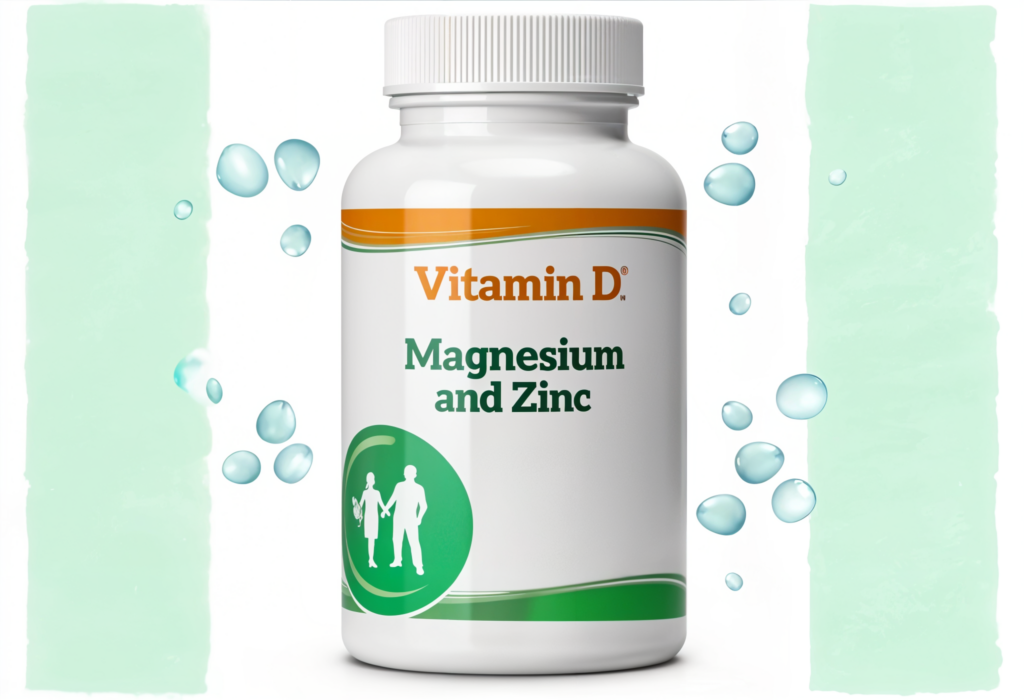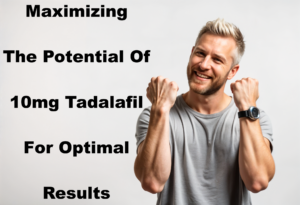
Testosterone Therapy: The Secrets to Boosting the Male Hormone
Testosterone has long been considered the male hormone, and it plays an important role in a man’s physical and emotional wellness. While often associated with masculinity, its effects lie far beyond superficial traits, such as muscle mass and body hair. Testosterone affects energy levels, mood, libido, and overall vitality, making its regulation important for a fulfilling life. There are natural remedies, as well as advanced solutions in the form of testosterone therapy. This blog explores the science behind testosterone, symptoms of deficiency, and actionable strategies to improve its levels effectively. So, let’s start from the beginning: understanding what testosterone is and what its role is in male health.
What is Testosterone?
Testosterone is an important hormone that helps influence male growth from birth to manhood. It is manufactured in the testes and synergizes with other glands, such as the pituitary gland in the human brain and the adrenal glands, to control several vital bodily functions.
- Critical Functions of Testosterone: Deepening voice, body hair development, increased sexual urges during puberty.
- Body Composition: It affects your muscle mass, fat layout, and bone density.
- Sexual Health: From libido to sperm production, testosterone fuels every reproductive function.
- Emotional Well-Being: Testosterone affects sleep, mood, and energy levels for mental clarity and reduced tension.
Testosterone is one of the most important hormones, but having it does not make a male aggressive or macho. Proper testosterone levels are not how to become more “manly” but rather how to be your healthiest.
Identifying Testosterone Deficiency
Testosterone production reaches its peak between 19 and 30 years of age, after which it gradually declines by 1% every year. For some, this natural decline may cause low testosterone, also referred to as low T or hypogonadism.

Symptoms of Low Testosterone:
- Erectile dysfunction and low libido
- Fatigue, irritability, or depression
- Loss of muscle mass and gain in body fat
- Hair loss or thinning
- Enlarged breast tissue (gynecomastia)
Low T can be a result of aging, but other causes include chronic diseases, chemotherapy, obesity, and alcoholism. Knowing the cause is important for appropriate treatment, including testosterone therapy.
9 Natural Ways to Boost Testosterone
Although testosterone therapy is a sure way, using natural and lifestyle changes can help regain hormonal balance. Here are nine proven ways to boost testosterone:
1. Get Quality Sleep
Production of testosterone happens mainly in periods of deep sleep. If males get fewer than 6 hours per night, the chances of their having lower testosterone are pretty high. Go for 7-9 hours of unbroken sleep so that your hormones may perform the best.
2. Healthy Exercise and Training by Weights
Sufficient physical exercise or workout through weight training improves the rate of testosterone secretion immensely. Use 150 minutes a week, especially on resistance training for ideal effects.
3. Keep a Healthy Diet
Maintaining a balanced diet with fewer processed foods and hydrogenated fats minimizes obesity, a risk factor for low T. Have nutrient-rich foods like protein, fruits, and vegetables to provide energy and fuel testosterone production.
4. Reduce Stress Levels
A stress situation stimulates the release of cortisol hormone, which decreases testosterone levels in the body. Using hobbies, practicing meditation, or adopting yoga may help in reducing stress levels for maintaining balance in hormones.
5. Limit Alcohol Consumption
Excessive alcohol intake disrupts testosterone synthesis. Moderate your alcohol consumption to maintain healthy testosterone levels.
6. Optimize Vitamin and Mineral Intake
Certain vitamins and minerals directly impact testosterone production. Key nutrients include:
- Vitamin D: Exposure to sunlight or supplementation can boost testosterone by up to 25%.
- Magnesium: Found in leafy greens and nuts, magnesium enhances testosterone production, especially in active individuals.
- Zinc: Zinc deficiency is closely related to low T, so zinc-rich foods such as shellfish and seeds are a must.

7. Add Herbal Supplements
Herbal remedies such as ginseng and maca have the potential to improve libido and sperm health. Maca is more related to reproductive health, but ginseng could support testosterone levels.
8. Check Medications
Some drugs, including opioids and certain antipsychotics, can further depress testosterone secretion. Visit your doctor and discuss more alternative treatments that can remedy low T, if required.
9. Optimal BMI
Obesity is unhealthy for testosterone to be released in the body. Regular workouts along with well-balanced diets can keep the excessive body fat, which positively impacts hormonal release.
Testosterone Therapy: A Revolutionary Hormonal Healthcare
When lifestyle changes and natural treatments are not enough, testosterone therapy is the best solution. This medical treatment restores testosterone levels directly through:
- Injections
- Patches
- Gels
- Tablets
Testosterone therapy is best for men with severe low T that is caused by medical conditions like testicular damage or chronic diseases. This treatment improves energy, libido, muscle mass, and emotional well-being under proper medical care.
Common Myths About Testosterone
Despite its prevalence, testosterone is steeped in misconceptions. Let’s debunk a few:
Myth: Testosterone is a male hormone.
Fact: Females also have testosterone but in much smaller quantities; it’s a part of their health.
Myth: More testosterone means better health.
Fact: High testosterone levels can have some very nasty effects, such as mood swings and cardiovascular risks. The golden rule is to keep everything balanced.
Myth: Testosterone causes aggression.
Fact: That is incorrect. Aggression is linked to multiple factors and not necessarily to hormones.
Knowing the facts enables people to make the best decisions about their testosterone management.
Experience Revitalizing Testosterone Therapy At Direct Preventive Care
In order to treat low testosterone appropriately, Direct Preventive Care provides a holistic approach by offering Testosterone Therapy. They encompass blood work, online consultations with licensed practitioners, and doorstep delivery of medications.
Direct Preventive Care ensures that Testosterone Therapy treatment is patient-centered, as it is tailored to fit patients’ needs. They combine medical expertise with accessibility to make it easier than ever to regain vitality, boost energy, and restore overall well-being. Discover their services today and take control of your health and quality of life.














